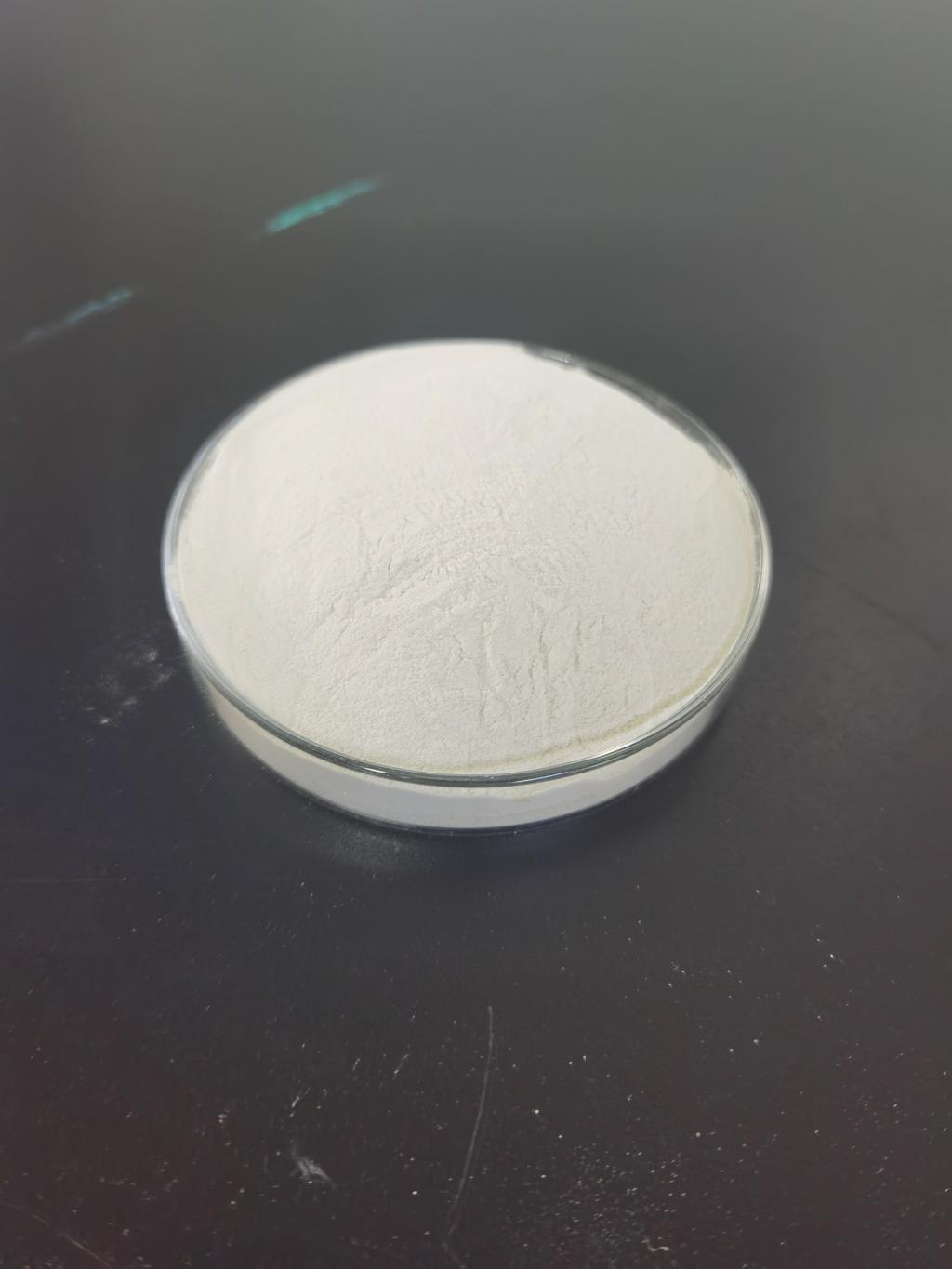Tel:+8618231198596

News
 CONTACT
CONTACT
 CONTACT
CONTACT
- Linkman:Linda Yao
- Tel: +8618231198596
- Email:linda.yao@dcpharma.cn
- Linkman:CHARLES.WANG
- Department:Overseas
- Tel: 0086 0311-85537378 0086 0311-85539701
News
Can Nisin be used to extend the shelf life of dairy products?
TIME:2023-05-31
Understanding Nisin:
Nisin is a naturally occurring antimicrobial peptide produced by the bacterium Lactococcus lactis. It has been extensively studied and approved for use as a food preservative by regulatory authorities in many countries. Nisin is highly effective against gram-positive bacteria, including several strains that cause food spoilage and foodborne illnesses. Its mode of action involves disrupting bacterial cell membranes, leading to cell death.
Challenges in Dairy Product Preservation:
Dairy products are prone to spoilage due to the presence of bacteria, yeasts, and molds. Microorganisms can cause undesirable changes in taste, texture, and appearance, leading to reduced shelf life and potential health risks. Traditional methods of preservation, such as refrigeration and heat treatment, have limitations and may not provide sufficient protection against spoilage organisms. Therefore, the industry has been actively exploring alternative preservation methods, including the use of natural antimicrobial agents like nisin.
Benefits of Nisin in Dairy Product Preservation:
3.1. Broad Spectrum of Activity: Nisin has been shown to inhibit the growth of various bacteria, including common spoilage organisms in dairy products like Listeria monocytogenes, Staphylococcus aureus, and Bacillus cereus. Its effectiveness against these pathogens makes it an attractive natural preservative for dairy products.
3.2. Retention of Nutritional Quality: Unlike some chemical preservatives, nisin does not affect the nutritional composition of dairy products. It specifically targets harmful bacteria while leaving beneficial components, such as proteins, vitamins, and minerals, intact.
3.3. Reduction of Spoilage Organisms: Nisin's antimicrobial properties also help in reducing spoilage bacteria, yeasts, and molds that cause off-flavors and deterioration of product quality. By inhibiting their growth, nisin extends the shelf life of dairy products, ensuring they remain safe and desirable for longer periods.
Application of Nisin in Dairy Product Preservation:
4.1. Cheese: Nisin has been successfully employed in cheese production to control the growth of Listeria monocytogenes, which is a significant concern in the industry. Its addition during cheese manufacturing inhibits the growth of this pathogen, reducing the risk of contamination and enhancing product safety.
4.2. Yogurt and Fermented Dairy Products: Nisin can be added to yogurt and other fermented dairy products to prevent the growth of spoilage organisms. It improves the product's stability during storage and transportation, ensuring a longer shelf life without compromising taste and quality.
4.3. Milk and Cream: Nisin can be incorporated into milk and cream to extend their shelf life. It inhibits the growth of bacteria that cause spoilage, such as psychrotrophic bacteria, which thrive at refrigeration temperatures.
Safety and Regulatory Considerations:
Nisin has a long history of safe use in food preservation, and its toxicity profile has been extensively evaluated. Regulatory authorities, such as the U.S. Food and Drug Administration (FDA) and the European Food Safety Authority (EFSA), have established acceptable daily intake (ADI) levels for nisin. Manufacturers must comply with these regulations to ensure the safe and appropriate use of nisin as a food preservative.
Conclusion:
Nisin offers a promising solution for extending the shelf life of dairy products by inhibiting the growth of spoilage organisms and pathogenic bacteria. Its natural origin, broad spectrum of activity, and minimal impact on nutritional quality make it an attractive alternative to traditional preservatives. Incorporating nisin into dairy product manufacturing processes can enhance food safety, reduce waste, and improve overall product quality. However, further research and development are still necessary to optimize its application in different dairy products and ensure its long-term efficacy and stability as a preservative.
- Tel:+8618231198596
- Whatsapp:18231198596
- Chat With Skype







